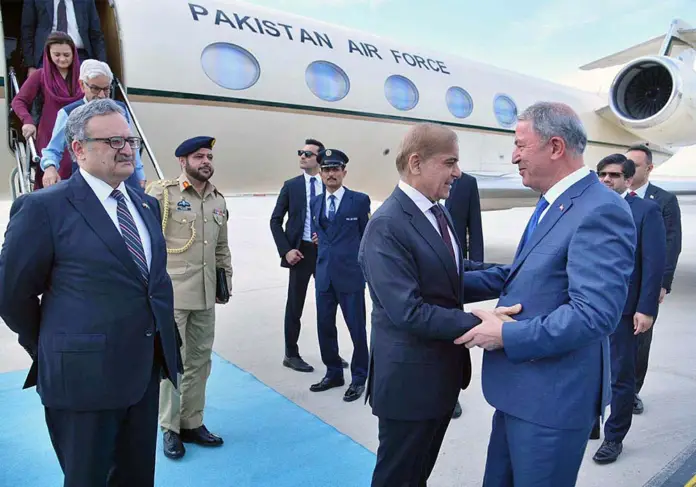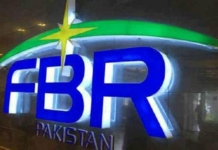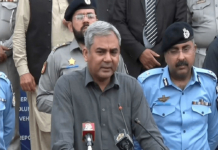Prime Minister Sharif said on Tuesday that Pakistan was now focusing on economic cooperation with Turkey as the current level of bilateral trade is still not a true reflection of the excellent state of the relationship.
The prime minister arrived in Turkey on a three-day official visit on Tuesday. “This is also an area where immense opportunities exist for both countries,” he said. Pakistan and Turkey support each other on all issues of core national interest – whether it is Jammu and Kashmir or Northern Cyprus, the prime minister said in an interview with Turkish news agency Anadolu.
He thanked the leadership of Turkey for its principled support on Jammu and Kashmir dispute. “Both Pakistan and Turkey have a similarity of views on regional and international issues and enjoy close collaboration on bilateral, regional, and multilateral forums,” Sharif said ahead of his three-day official visit to Turkey.
Terming the Pak-Turkey relations as “exemplary”, the prime minister said historical relations were grounded firmly in common religious, cultural, and linguistic links and transcend political changes on either side. He mentioned that both countries were celebrating the 75th anniversary of the establishment of diplomatic relations. “In these seven and a half decades, the two sides have always stood by each other in the face of all changes,” he said, adding that people-to-people and cultural contacts were on an upward trajectory.
During the visit, the prime minister said that he would be meeting leading Turkish business companies to encourage them to utilize the immense opportunities existing in Pakistan in various fields, including energy, infrastructure, e-commerce, municipal agro-based industry and IT sectors, etc.
He said with a population of over 220 million, Pakistan offered its investors a strong and large consumer market with an ever-expanding middle class. On Pakistan’s role in US policy in the region, he said Pakistan and the US had a longstanding and broad-based relationship in various areas of mutual interest.
He hoped that the continued constructive engagement could promote peace, security, and development in the region. “We wish to deepen and widen our engagement with the US, which remains Pakistan’s biggest export market and a major source of FDI and remittances,” he said.
On China-Pakistan Economic Corridor (CPEC), he said the vision of connectivity and win-win cooperation at the heart of the project was in line with his government’s priorities, as well as the vision for Pakistan as a peaceful, prosperous region. He mentioned that work was underway on CPEC Special Economic Zones, and Pakistan was incentivizing foreign investments in key industrial sectors. On relations with India, he said Pakistan pursued its shift from geo-strategy to geo-economics. “We are looking to forge partnerships, especially within the region, based on connectivity, collective development, and prosperity,” he said, adding that Pakistan and India have a lot to gain from mutually beneficial trade.
However, he mentioned that in the aftermath of the Indian illegal and unilateral steps of August 5, 2019, Pakistan took a principled stance and curtailed a range of bilateral activities. “This decision reflected Pakistan’s unequivocal condemnation of the reprehensible Indian design of depriving the beleaguered Kashmiris of their fundamental rights through an unjust and muscular policy,” he said. On the situation in Afghanistan, he said the engagement with the interim Afghan government was “not a matter of choice but a necessity”.







